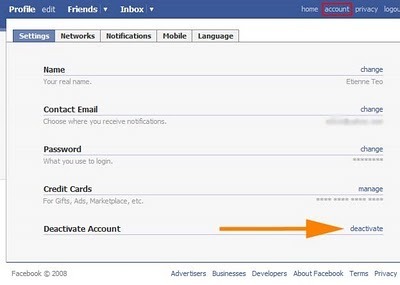Why I Never Joined Facebook

Facebook Arrives
I remember when I first heard about Facebook. I was an undergraduate at Dartmouth College. At the time, the service was being made available on a school-by-school basis, and, one spring day in 2004, it finally arrived at our corner of the Ivy League.
Many of my friends were excited by this event. They were surprised when I didn’t join.
“What problem do I have that this solves?”, I asked.
No one could answer.
They would, instead, talk about new features it made available, like being able to reconnect with people from high school or post photos. But my lack of ability to connect with old classmates or to publicize my social outings were not problems I needed fixed.
“Every product and service ever invented offers new features,” I’d respond, “but what problem do I have that Facebook’s features are solving? Why should this product, of all products, earn my attention?”
Again, no one could answer.
After a while, I stopped asking this question, and just moved on with my life without a presence on Facebook. Ten years later, I still have never had a Facebook account — nor any social media account, for that matter — and have never missed it.
I have close friends. I still have lots of readers and still sell lots of books. And I’ve preserved my ability to focus, allowing me to make a nice a living as a theoretician.
A Personal Philosophy for Adopting Tools
This brings me to a broader point: in an age of personal technological revolution, we all need a more explicit philosophy for adopting tools. Without this clarity, we run the risk of drowning in a sea of distracting apps and shiny web sites.
My philosophy — to only adopt tools that solve a major pre-existing problem — has served me well.
I use e-mail, for example, because the ability to communicate asynchronously with people around the world is quite important for my work. E-mail solves this problem.
I don’t use Twitter, however, because the ability to have short, casual interactions with many people I don’t know well is not that important to my work.
And so on.
If you adopt this particular philosophy — which I recommend — you’re effectively raising the bar when it comes to what you tools you adopt. Just because a product or service offers some new feature should not be enough for it to demand your time and attention. Save this scarce resource for tools that make a strong case for how they solve real problems you already have. Make Silicon Valley earn your interest, not take it for granted.
Or not. This is just one way of looking at a complicated problem. I am, of course, eager to hear your disagreement: please post any complaints on your Facebook wall.


Cal Newport's Blog
- Cal Newport's profile
- 9950 followers



